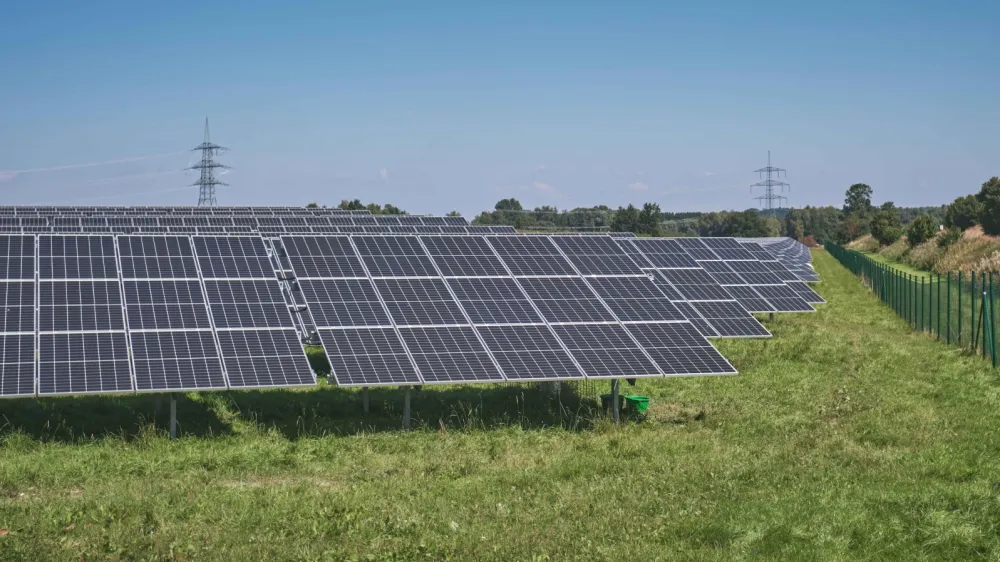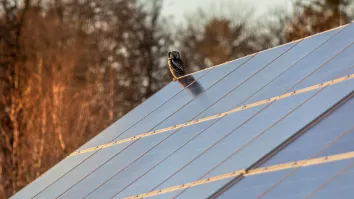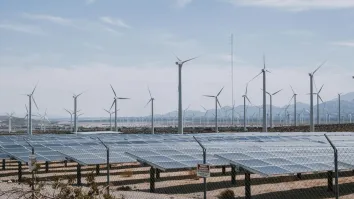What will become of Japan's energy mix in 2030?
By Frenk WithoosJapan energy policy, as promulgated by the National government in June 2002 in the Basic Act on Energy Policy, is based on the following three measures on energy supply and demand:
- Securing stable supply
- Environmental suitability
- Utilization of market mechanisms, which should be coordinated with the first two basic policies
Following this act, in October 2003 the cabinet endorsed a national Basic Energy Plan, which outlines the fundamental direction of Japans energy supply and demand policies until 2030. As per the law, this plan needs to be reviewed at least once every three years.
The latest revision was in 2010, where the importance of nuclear power in the energy mix was forecasted to increase from 26% (FY2010) to 45% (2030). In the same plan, renewables would be increased from 11% to 20%, while the thermal power share would be reduced from 57% to 23%. Logic behind this was obviously to reduce the import from primary energy supplies. Further the plan entailed a reduction of CO2 emissions from energy by 30%.
In the wake of the 2011 nuclear disaster, the discussion started to establish a new energy plan for Japan. The increase of nuclear power, as previously forecasted, is not a possibility anymore. Basically the energy mix options being discussed are: 1) zero nuclear; 2) 15% nuclear; 3) 20-25% nuclear. All options have an increase of renewables in range of 25% to 35% and a thermal Power component of between 35% and 50%. Newly introduced is an energy saving component, which in all options is assumed 20%.
The Minister for Economy, Trade and Industry (METI) will make the final decision, which, according to METI, is expected at the “end of the summer” this year.
Any option will have a big impact in the utility industry. The reduction of nuclear will weigh heavily on most utility finances. Since the utilities are public listed, the impact will be felt by all shareholders. Interesting to note here is that for instance Osaka city council is the largest shareholder of Kansai electric utility and on many occasions, the city council, supported the zero nuclear option.
However even the biggest shareholder could not or maybe did not actually want, considering the financial impact on Kansai, to stop the restart of 2 units at Oi nuclear plant, owned by Kansai Electric.
Besides shareholders, the cities hosting the nuclear plants are also receiving among others financial support from the utilities. In some cases the local city budget is for more than half dependent on the nuclear plant.
The increase in renewables will require more investments in the power-grid in order for it to be able to handle these fluctuating loads in an efficient manner. From a financial point of view the owners of the grid, the utilities, will not be able to make such investment.
In such a case it is needed to step away from the vertical integration model used in Japan and separate generation from the transmission and distribution grid. From a technical point of view it will require upgrading of existing transmission lines to be able to transmit the additional renewable power in an efficient way to the load centers.
The latest surveys show that more than 80% of the people in Japan support a phase out of nuclear power, the zero option. The worry is that the longer the government waits with making the required changes, the longer the country will have to accept nuclear generation as a substantial component of the energy mix with all the potential risk of a new Fukushima disaster.
The views expressed are mine alone and do not necessarily reflect the views of my employer.




















 Advertise
Advertise






